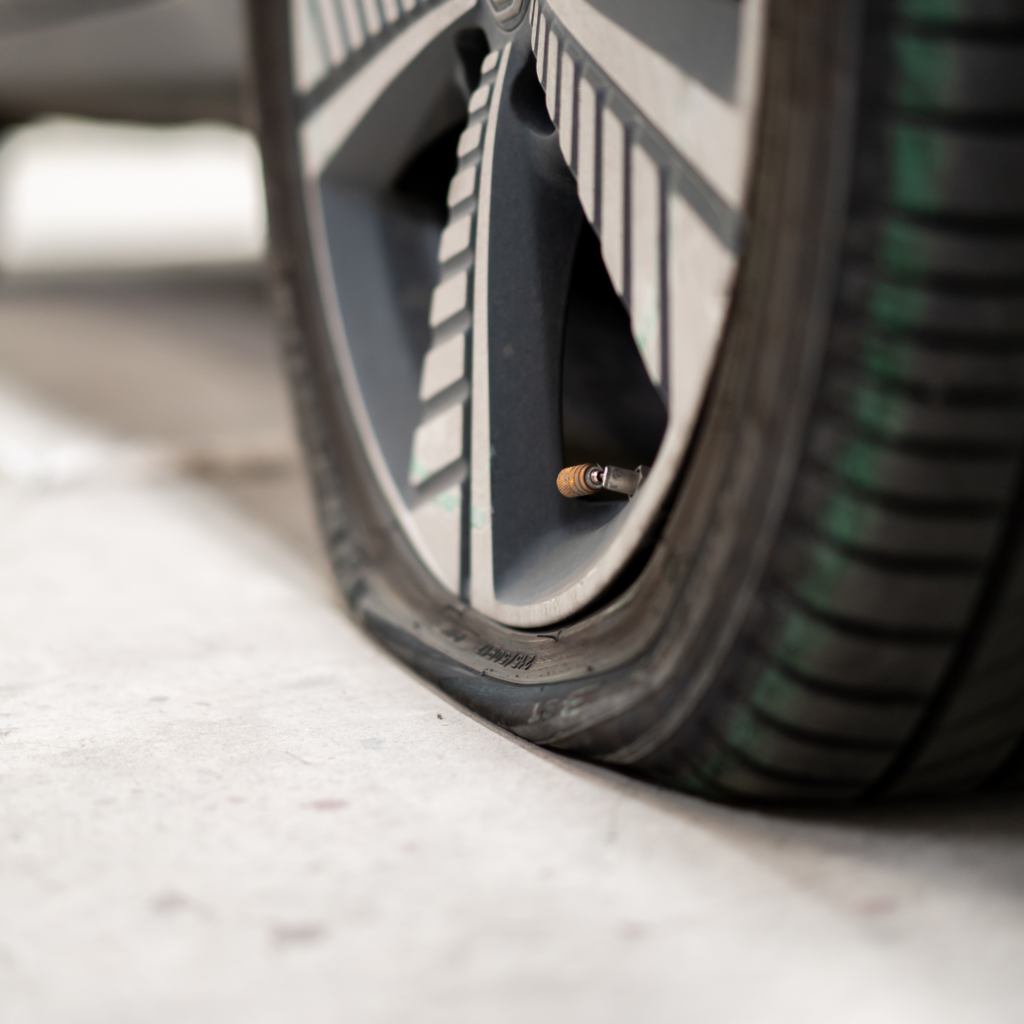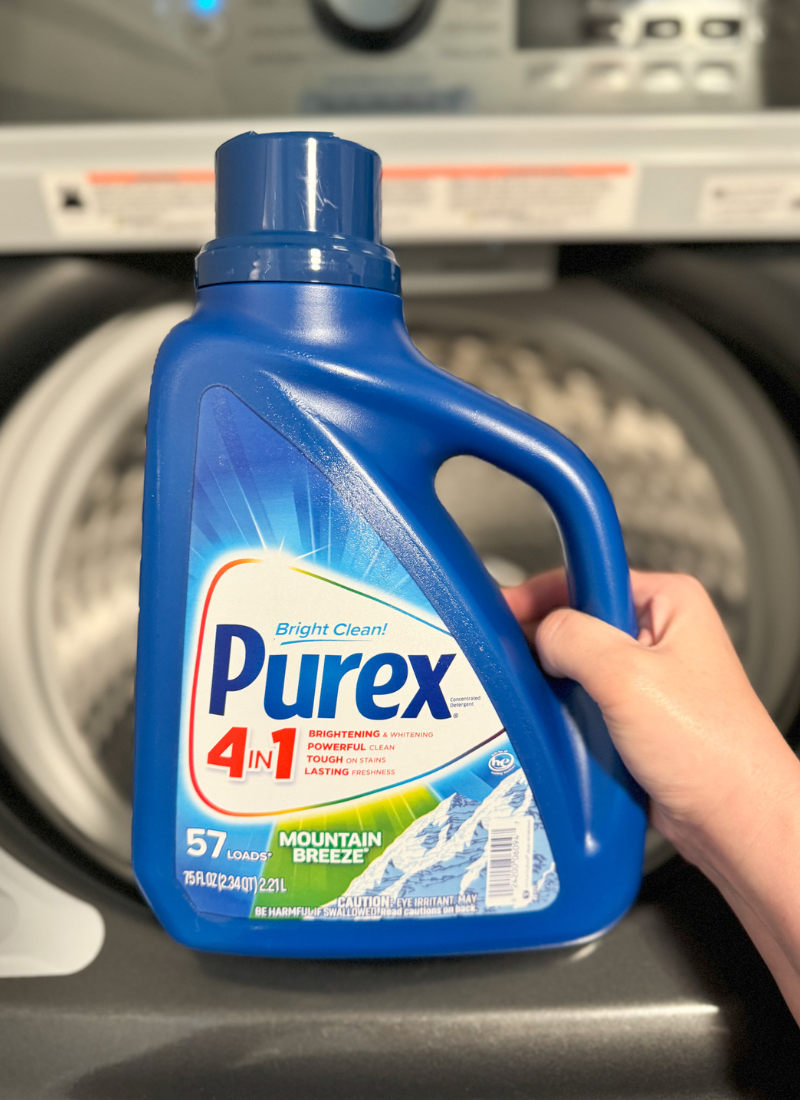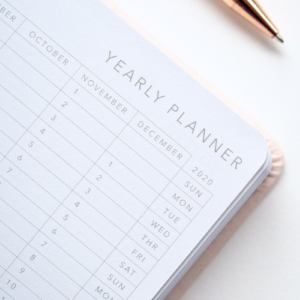It’s time to discuss common money mistakes to avoid that are killing your financial health! When tackling any goal, it’s important to play both offense and defense. You want to win when it comes to your finances and, at the same time, you also don’t want to lose. There are some mistakes, like taking out huge student loans, that can set your financial plans back years. Others are less dramatic. Nevertheless, it’s important to be aware of potential financial pitfalls and their impact on your plans.
As you’re working towards financial freedom, perhaps you’ve resolved to build up an emergency fund, get out of debt, or start investing 15% of your income. We want to help make sure you stay on track, finish strong, and make this the best year yet!
We know you’ve heard the standard lessons such as, “Don’t overspend,” “Don’t try to keep up with the Joneses,” and “Spend less than you make.” Instead, we want to focus on some less obvious money mistakes to avoid. While less obvious, these mistakes can still have a major impact on managing your money this year. No matter if you’re a college student, starting a family in your 30s, or you’re just about to retire, it’s time to call out these money mistakes for what they are and plan to avoid them!
This post may contain affiliate links which means that I may receive compensation at no extra cost to you if you make a purchase from a link found on my site. Please review my privacy policy for further details. As an Amazon Associate, I earn from qualifying purchases. Thank you for your support in allowing this site to continue!
Top Money Mistakes to Avoid
1. Ignoring the Upkeep Costs
We’re all guilty of only looking at the upfront cost when thinking about a purchase. Who doesn’t love a great deal?! However, purchases such as houses, cars, pets, and the latest tech gadgets all have ongoing costs associated with them. For example, houses incur utility bills and taxes, and cars need fuel, oil, and tires. Pets need food, toys, and veterinary care. And the latest gadgets require accessories or replacement parts to keep them working properly. The key with any purchase, especially big ones, is to factor in realistic ongoing costs to your budget.
2. Overlooking What You Own
From time to time, most of us are guilty of throwing money at a problem when it’s not necessary. For example, maybe you’ve noticed a small tear in a favorite sweater, so now you can justify going shopping! But perhaps, it would be best for your financial plan to figure out how to stitch up the hole instead
Or, to give another example, you notice that you’re at the bottom of your bottle of shampoo. Instead of adding it to your shopping list, you could use up some of those hotel shampoo bottles you’ve been saving. Next time you see a need arise that requires money, first inventory what you already own to see if you can provide a solution before automatically reaching for your debit card.

3. Justifying Purchases Instead of Budgeting for Them
Growing up, we had plenty. We had presents on birthdays and Christmas and went on at least one family vacation per year. But there was always an underlying tension about everything we spent. Money was tight, and there were times we really couldn’t afford something but made the purchase anyway.
The problem was that we didn’t set a budget ahead of time. Maybe you can relate? An important money mistake to avoid is to not justify a purchase because of the emotional satisfaction it brings you. Instead, think through what you really need and budget for it!
When you plan ahead and set aside a designated amount of money for certain things, then you know that you’re not taking that money away from somewhere else. And if you budget ahead of time and realize you don’t have enough for what you want, then you can plan to save up for it or find an alternative more in your price range.
4. Taking Your Eyes Off of the Little Things
We say it all the time around here, but “the little things matter.” This basic principle will be pivotal in your debt-free journey. Frequent small purchases that are “only $___” can add up to a mountain-sized debt over time. And by saying “no” to frequent small purchases, you’ll free up cash.
Any excess cash you can free up can then be used to increase the amount you’re paying on your debt and decrease the amount of time it takes to become debt-free! That’s not to say that every little savings or side hustle is worth it. But as a rule, the big things of life, whether good or bad, didn’t happen overnight. They’re a culmination of small actions over time. Remember to take care of the pennies and the dollars will take care of themselves!
5. Not Renegotiating Your Rates
Insurance companies and subscription-based services typically increase their rates annually. You may think you’re getting the best auto insurance rate out there, but if you haven’t compared quotes in the last 3 -4 years, then you’re probably overpaying. The same is true for many other utilities like Internet and cellular services. It pays to look into using different providers. You may get a reduction in your monthly rate just for switching or could use a competitor’s quote to negotiate a lower rate with your current provider.

6. Losing Out on Free Money
“Free money” is really a misnomer. Everything costs something. But missing out on money that’s free to you is a money mistake to avoid! For example, be sure that you’re getting the most out of credit card points. If you plan to spend a certain amount of money anyway, use a credit card with a cashback reward system. Of course, be sure to pay off the balance when due to avoid interest.
We don’t recommend using credit cards if that’s one of the reasons you’re in debt! If your employer has a retirement plan with a match, contribute at least up to the match percentage. And don’t forget to use rebate apps like Ibotta and Checkout 51 for groceries that you already buy. There’s plenty of free money out there. You just have to know where to look.
7. Failing to Plan for Emergencies
Emergencies such as medical issues, car repairs, and layoffs happen unexpectedly and are never convenient. Being financially unprepared is a pretty big money mistake to avoid. Setting money aside allows you to handle the storms of life and adjust to bumps along the road.
Every sound financial plan should include an emergency fund of at least $1000. When you have $1000 set aside, you should then beef up your fund by saving 3-6 months of operating expenses as well. An emergency fund will protect your financial plan and keep your goals on track when the unexpected happens.

8. Not Asking Yourself Why
The founder of Toyota Industries, Sakichi Toyoda, developed a simple method to help with continuous improvement known as the “5 Whys.” This concept is designed to get to the root motivations behind your decisions and is a helpful tool to avoid money mistakes. As the name implies, it involves asking yourself “why” 5 times.
It’s a helpful rule when figuring out if you really need something or if you just want it because it will provide you with an emotional high. When you know “why,” you have the power to determine if your motivation for buying something is sound or not. It’s a valuable exercise for personal growth and will save you money by helping you avoid unnecessary impulse buys.
9. Not Considering the Value of Time
We’ve already mentioned that the little things matter. So, we’re all for small, sustainable changes that you can make over time to save money and make money. That being said, it’s important to also consider the value of your time in relation to making money and saving it.
We want to take care of the pennies for the sake of the dollars, but it’s possible to miss out on dollars when picking up pennies. For example, mystery shopping and doing surveys online are easy ways to earn some extra money, but if they were to somehow interfere with your day job, then they’re not providing the value that you need. It’s all about keeping your cost-cutting and money-making activities in perspective.
10. Forgetting to Celebrate the Wins
Your financial journey will be full of ups and downs. It’s important to analyze your mistakes and learn from them. But, it’s equally important to celebrate the wins – no matter how small. Too often, we overlook how far we’ve come. Any healthy financial plan involves moments of reflection and celebration. Take time for it. Don’t overlook it. It will be what keeps you on your journey to financial freedom!
Well, you’ve got your plan in place for this year!! And now you hopefully have an eye open for some of those common money mistakes to avoid this year.
If you’re new to our site and need some guidance on starting your debt freedom journey, take a look at our story of How We Paid off $67,630 in 16 Months!
Sound off in the comments and let us know something you plan to do this year to keep your money management on track this year!





Such great advice, thank you!
Thanks so much for reading, Jo!
GREAT INFO! Thank you so much. I have committed to doing better financially this year. Your tips will definitely help in this effort. Thanks.
That’s awesome, Margaret! I wish you the best of luck this year!
Love this! I’m committed to being more self-conscious and wise with finances this year and these are awesome tips! My favorite part was in #4 ” The big things of life, whether good or bad, didn’t happen overnight. They’re a culmination of small actions over time. Remember to take care of the pennies and the dollars will take care of themselves. ” Such wisdom! Thank you!
Thank you so much for reading, Stephanie!